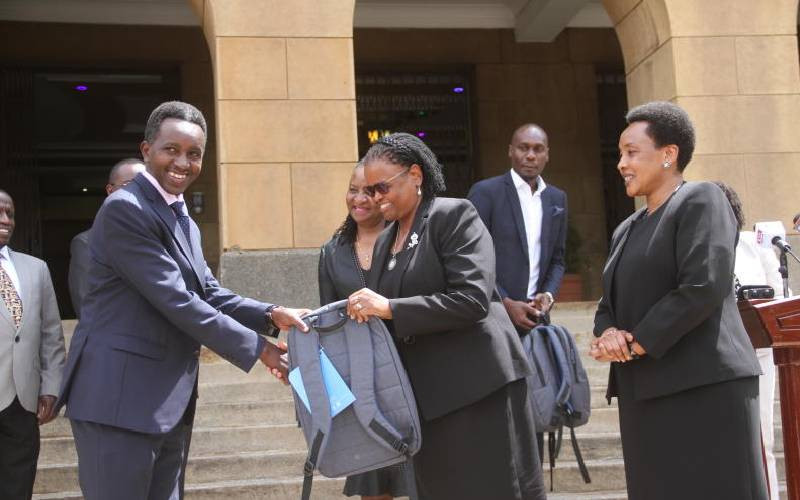
Any democratic society relies on political parties to function, serving as a platform for citizens to engage with the political process, voice their opinions, and influence who forms a government based on their manifestos and popularity. Political parties are the foundation of Kenya's democratic system, shaping its political, social, and economic development.
Article 81 of the Constitution lays down principles underpinning our politics, including freedom for all to participate in politics, gender representation and representation of persons with disabilities, and universal suffrage. The Constitution further demands free, fair and transparent elections through secret ballot, conducted by an independent body. The elections should be free from violence, intimidation, improper influence, or corruption.